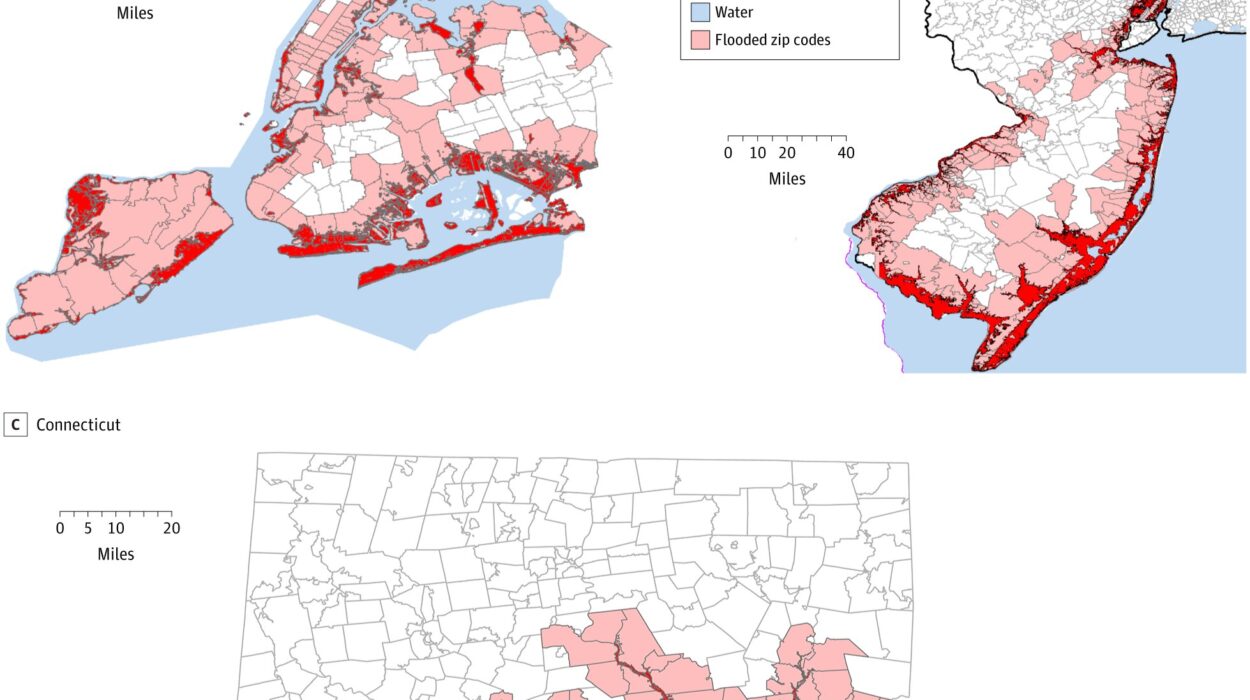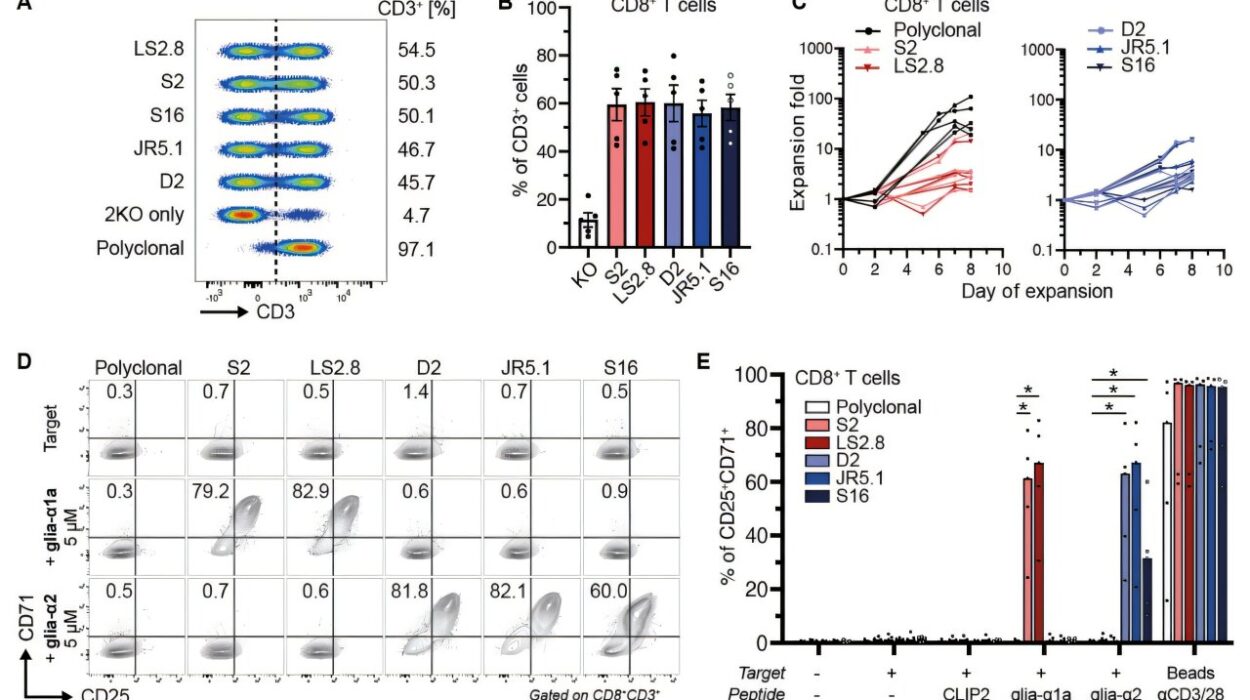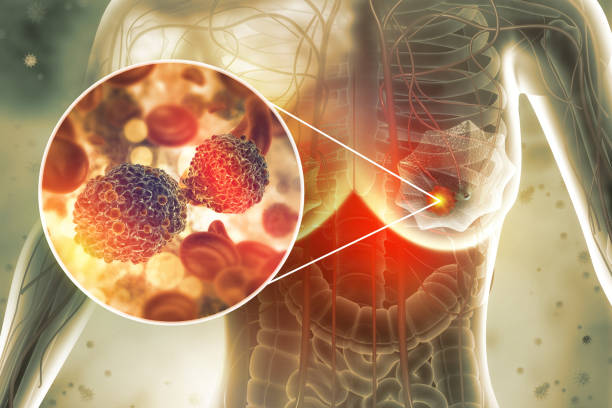The food we eat is more than just fuel; it is the foundation upon which our health, vitality, and longevity are built. Every bite we take sends a message to our bodies—either nurturing it, repairing it, and giving it strength, or burdening it with toxins, inflammation, and disease risk. Among the many approaches to nutrition, one has captured global attention more than most: the plant-based diet.
At its heart, a plant-based diet is about centering meals around whole, natural foods from plants—fruits, vegetables, whole grains, legumes, nuts, and seeds—while minimizing or excluding animal products. It is not merely a passing trend but a way of eating that has been practiced for centuries in various cultures, from the Mediterranean to Asia. Modern science now confirms what many traditions have long believed: diets rich in plants can transform our health in profound ways.
This article explores the health benefits of plant-based diets in depth, weaving together emotional resonance and scientific accuracy. From reducing the risk of chronic disease to enhancing mental clarity and even benefiting the planet, plant-based nutrition offers more than just a way of eating—it offers a blueprint for thriving.
What Is a Plant-Based Diet?
Before diving into the benefits, it is important to clarify what we mean by “plant-based.” This term does not necessarily mean vegan, though veganism is one form of plant-based eating. Instead, it refers to an eating pattern that emphasizes foods derived from plants, while animal products, if included at all, are consumed in much smaller amounts.
There are different variations of plant-based diets:
- Vegan diet: excludes all animal products, including dairy, eggs, and honey.
- Vegetarian diet: excludes meat and fish but allows dairy and eggs.
- Flexitarian diet: primarily plant-based but occasionally includes meat, fish, or dairy.
- Whole-food, plant-based diet (WFPB): focuses on minimally processed plant foods, while avoiding refined sugars, oils, and packaged products.
The unifying principle among all of these is simple: plants take center stage. And that makes all the difference for our health.
The Nutritional Richness of Plants
Plants are nature’s most nutrient-dense foods. Packed with vitamins, minerals, fiber, antioxidants, and phytochemicals, they provide the essential tools our bodies need to function optimally.
- Vitamins and minerals: Leafy greens provide calcium and iron, citrus fruits offer vitamin C, and nuts deliver magnesium and zinc.
- Fiber: Found only in plants, dietary fiber supports digestion, lowers cholesterol, regulates blood sugar, and feeds the beneficial bacteria in our gut.
- Antioxidants: Compounds such as flavonoids, carotenoids, and polyphenols protect cells from oxidative stress and inflammation.
- Healthy fats: Seeds, nuts, and avocados provide essential fatty acids like omega-3s, crucial for heart and brain health.
This unique nutritional profile makes plant-based diets profoundly supportive of human health.
Heart Health: Protecting the Lifeline
Heart disease remains the leading cause of death worldwide, but research shows that plant-based diets can dramatically lower this risk. Studies consistently find that people who eat primarily plants have lower rates of hypertension, high cholesterol, and cardiovascular disease.
The reasons are clear:
- Plants are naturally low in saturated fat, which helps keep arteries clear.
- Fiber reduces cholesterol levels by binding to excess cholesterol in the digestive tract.
- Antioxidants in plants reduce inflammation, protecting blood vessels.
- Potassium-rich foods like bananas, beans, and sweet potatoes help regulate blood pressure.
The Adventist Health Study, which followed over 96,000 people, found that vegetarians had a significantly lower risk of ischemic heart disease compared to non-vegetarians. In fact, plant-based diets are so effective that cardiologists often recommend them as part of treatment for patients with existing heart conditions.
Weight Management: Nourishing Without Excess
Obesity is a growing epidemic worldwide, linked to diabetes, heart disease, and even certain cancers. One of the most remarkable benefits of plant-based eating is its ability to support healthy weight management.
Plant-based diets are naturally lower in calorie density but higher in nutrient density. A plate of vegetables, beans, and whole grains provides fewer calories but more satiety compared to calorie-dense animal products or processed foods. The fiber in plants slows digestion, keeping us full longer and reducing cravings.
Research shows that individuals following plant-based diets tend to have lower body mass index (BMI) and reduced risk of obesity. In one study published in the Journal of General Internal Medicine, people assigned to a plant-based diet lost significantly more weight than those on conventional diets, even without calorie counting.
This means plant-based eating not only helps shed excess weight but does so in a sustainable, nourishing way.
Diabetes Prevention and Management
Type 2 diabetes is a condition strongly influenced by lifestyle and diet, and plant-based diets have shown tremendous potential both in prevention and management.
High-fiber foods like beans, lentils, oats, and vegetables regulate blood sugar by slowing glucose absorption. Plants are also rich in magnesium, which improves insulin sensitivity. Moreover, by reducing excess fat intake—particularly saturated fat—plant-based diets prevent fat from interfering with insulin signaling.
Studies show that people who eat plant-based have up to a 50% lower risk of developing type 2 diabetes. For those already living with diabetes, switching to a plant-based diet has been linked to improved blood sugar control, reduced medication needs, and even remission in some cases.
Cancer Risk Reduction
Cancer is one of the most feared diseases of our time, but diet plays a significant role in risk reduction. While no diet can guarantee complete protection, plant-based eating provides several protective mechanisms.
- Fiber: Promotes healthy digestion and reduces colorectal cancer risk.
- Antioxidants: Neutralize free radicals that damage DNA and lead to mutations.
- Phytochemicals: Compounds like sulforaphane in broccoli and lycopene in tomatoes have anti-cancer properties.
- Lowered inflammation: Chronic inflammation is linked to cancer progression, and plant foods help reduce this risk.
The World Cancer Research Fund emphasizes plant-based eating as a central recommendation for cancer prevention. Populations with plant-centered diets, such as traditional Japanese or Mediterranean communities, historically show lower rates of many cancers compared to Western diets heavy in red and processed meats.
Brain Health and Mental Clarity
The food we eat doesn’t just influence our bodies—it shapes our minds as well. A plant-based diet can support brain health, memory, and emotional well-being.
Omega-3 fatty acids from flaxseeds, chia seeds, and walnuts are crucial for brain function. Antioxidants from berries and leafy greens protect neurons from oxidative stress, which is implicated in Alzheimer’s and other neurodegenerative diseases. Studies even suggest that diets high in vegetables and fruits are associated with slower cognitive decline.
Mental health also benefits from plant-based eating. Some research shows that people who eat more plants experience lower rates of depression and anxiety. This may be due to improved gut microbiome health, reduced inflammation, and the stabilizing effect of nutrient-rich foods on brain chemistry.
The Gut Microbiome: The Hidden World of Health
One of the most fascinating discoveries in modern science is the gut microbiome—the trillions of bacteria living in our intestines that influence everything from digestion to immunity to mood.
Plant-based diets are uniquely powerful for gut health. The fiber in plants serves as prebiotics, feeding beneficial bacteria like Bifidobacteria and Lactobacillus. These microbes produce short-chain fatty acids, which reduce inflammation, improve immune function, and even protect against colon cancer.
By contrast, diets high in animal products and low in fiber can promote harmful bacteria linked to inflammation and disease. A thriving gut microbiome, supported by plant foods, is one of the hidden keys to long-term health.
Longevity: Adding Years to Life and Life to Years
Cultures known for exceptional longevity, such as those in the Blue Zones (regions where people live significantly longer lives), share one common dietary trait: they eat primarily plants. In Okinawa, Japan, centenarians thrive on a diet rich in sweet potatoes, vegetables, and soy products. In Loma Linda, California, the Adventist community’s vegetarian lifestyle contributes to some of the longest lifespans in the United States.
These populations not only live longer but also spend more of their years free of chronic illness. Plant-based diets reduce the risk of heart disease, diabetes, and cancer—the major killers of modern society—making longevity not just about years added to life, but life added to years.
Athletic Performance and Recovery
The stereotype that athletes need meat for strength is rapidly crumbling. More and more elite athletes, from runners to weightlifters, are embracing plant-based diets and reporting enhanced performance.
Plants provide complex carbohydrates for sustained energy, antioxidants that reduce exercise-induced inflammation, and protein from legumes, nuts, and seeds that supports muscle repair. Recovery times can improve thanks to reduced oxidative stress, and endurance is supported by steady energy release from whole plant foods.
The documentary The Game Changers highlighted how plant-based athletes are challenging traditional views of sports nutrition, showing that strength and endurance can be fueled by plants alone.
Environmental and Ethical Dimensions of Health
While this article focuses on human health, it’s worth acknowledging that plant-based diets also benefit planetary health. Industrial animal farming contributes significantly to greenhouse gas emissions, deforestation, and water pollution. Choosing plants over meat reduces one’s ecological footprint and contributes to a healthier planet—an environment in which humans can thrive for generations.
Ethically, many choose plant-based diets to align their eating with values of compassion and sustainability. While this may not be a direct health factor, living in harmony with one’s values can promote emotional well-being and reduce inner conflict.
Common Concerns and Nutrient Considerations
A balanced plant-based diet is highly nutritious, but like any eating pattern, it requires attention to certain nutrients.
- Vitamin B12: Not found naturally in plants, it should be obtained from fortified foods or supplements.
- Iron: Plant-based iron (non-heme iron) is less easily absorbed, but pairing it with vitamin C-rich foods enhances absorption.
- Calcium: Readily available from fortified plant milks, tofu, sesame seeds, and leafy greens.
- Omega-3s: Found in flaxseeds, chia seeds, hemp seeds, and walnuts.
- Protein: Abundant in legumes, grains, nuts, and seeds when eaten in variety.
With mindful planning, these nutrients are easily obtained, ensuring plant-based eaters remain fully nourished.
The Emotional Journey of Choosing Plants
Beyond science, there is something deeply emotional about choosing a plant-based lifestyle. It is the joy of tasting vibrant colors on a plate, the pride of making choices that nurture rather than harm, and the comfort of knowing one is investing in health and longevity. Many people describe feeling lighter, more energetic, and more connected to life itself when they shift toward plants.
Food is not just about calories or nutrients—it is culture, memory, and identity. Embracing a plant-based diet does not mean abandoning tradition but reimagining it, finding ways to celebrate heritage through vegetables, grains, and spices that have always been part of human cuisine.
Conclusion: Flourishing Through Plants
A plant-based diet is not a rigid set of rules but a journey toward health, compassion, and sustainability. Its benefits ripple through every dimension of life—protecting the heart, balancing weight, preventing diabetes, lowering cancer risk, enhancing brain function, and supporting longevity. It nourishes not only the body but the mind and spirit as well.
To eat plants is to choose life—to align with the wisdom of nature and the findings of science. Whether one adopts a fully vegan lifestyle or simply shifts toward more plant-centered meals, the rewards are undeniable.
Health, vitality, and joy are not distant goals—they are served on our plates every day. And in choosing plants, we choose to thrive.






